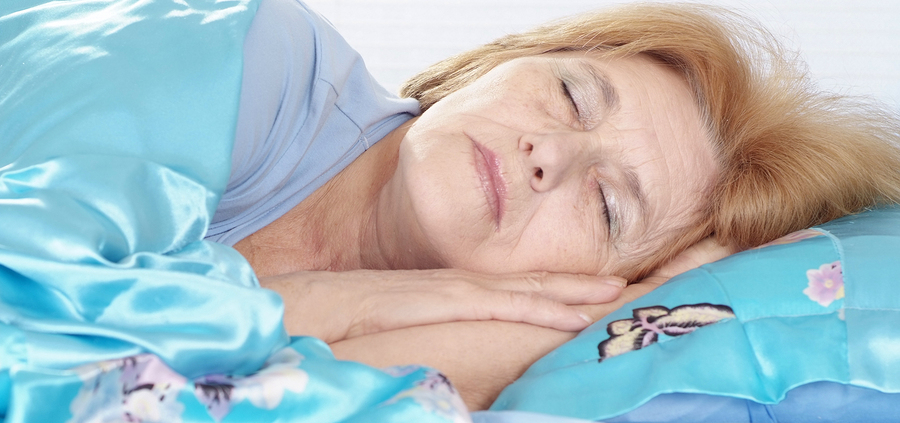What’s Keeping Your Elderly Loved One Up at Night?
Elderly Care in Carrollton, TX – Trouble Sleeping Could be More Related to Caffeine than Medications
Seniors who need some help at home may also have various health related issues to deal with. They could be taking various medications that impact other aspects of their health. These side effects could include insomnia or other difficulties sleeping.
It’s easy to pass off these problems as being directly related to something innocuous like various medications. However, if the senior drinks coffee during the day, or even tea in the evening, the difficulty falling asleep or staying asleep might have more to do with caffeine than anything else.
Caffeine is considered one of the most popular drugs in the world. It is found in more than 60 plants and people throughout the world consume caffeine in a variety of drinks and foods, including coffee, tea, certain sodas, chocolate, and much more, according to the Sleep Foundation.
Caffeine is a stimulant. That’s one of the reasons why one of the first things people do when they wake up in the morning is go to grab a freshly brewed cup of coffee. That stimulant helps to wake people up, get their mind focused, and get them ready for the day.
So what’s the problem with caffeine and sleep?
As a stimulant, caffeine can make the brain more alert, especially during the evening hours. Even though your body may be completely exhausted you might have difficulty drifting off to sleep because of the caffeine coursing through your system.
There is no actual nutritional value of consuming caffeine in any diet. However, at the same token, consuming caffeine has not been directly linked with any significant health risks. 3 cups of coffee per day is considered moderate consumption and not a major problem. Six or more 8 ounce cups could be problematic.
It takes approximately eight hours for caffeine to leave the system, so if your elderly loved one has a cup in late afternoon or evening hours, it could very well be affecting their ability to sleep. Even decaffeinated coffee and tea contains some amount of caffeine, which could be keeping them up as well.
If your elderly loved one relies on an in-home care service provider to help them with various tasks around the house, ask their caregiver to remind them on a regular basis to avoid drinking caffeinated beverages in the afternoon and evening hours. Do this for a week or two and see if their ability to sleep improves. It very well might.
If you or an aging loved one are considering elderly care in Carrollton, TX and the surrounding areas, contact Approved Home Care at 972-658-4001 today.




